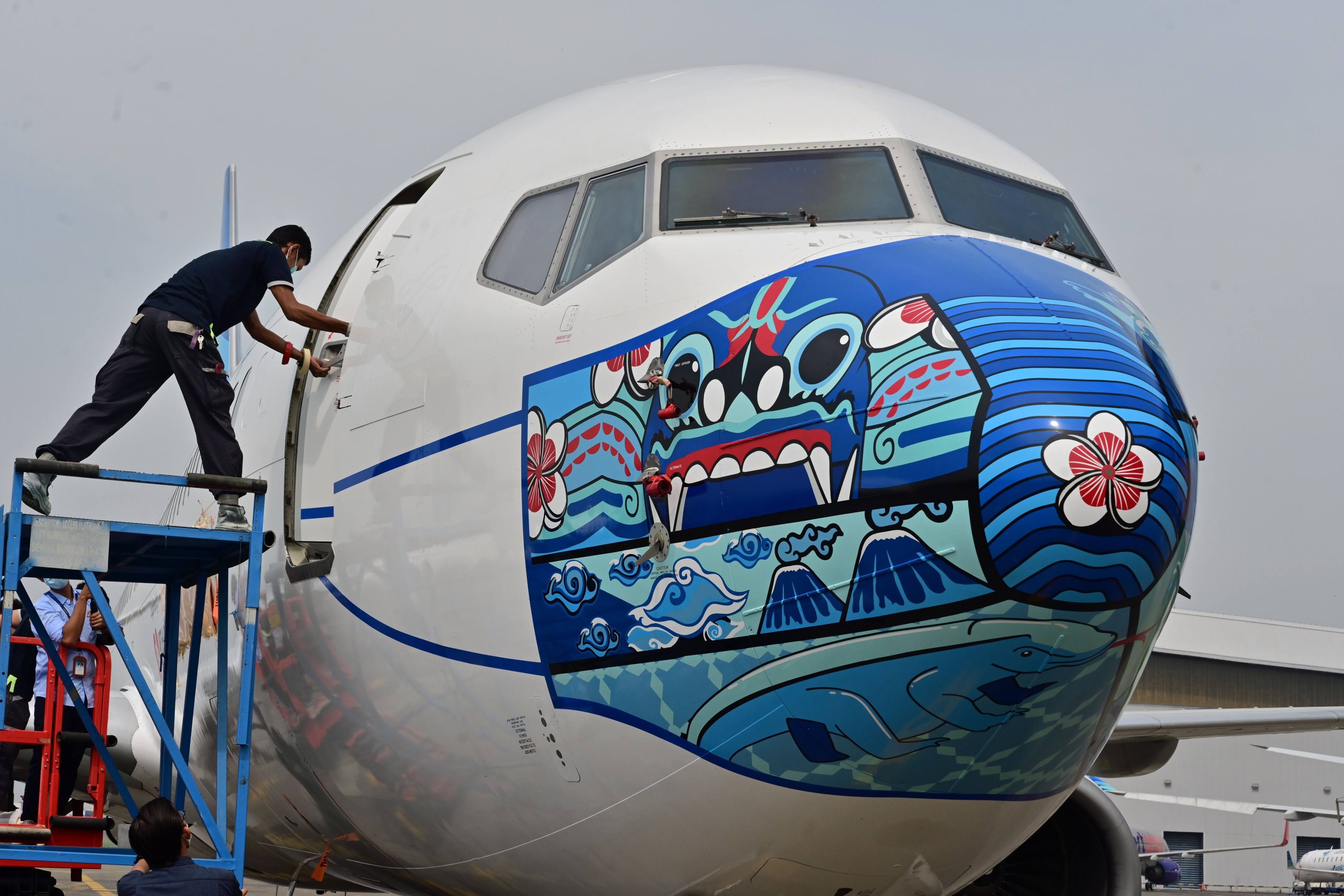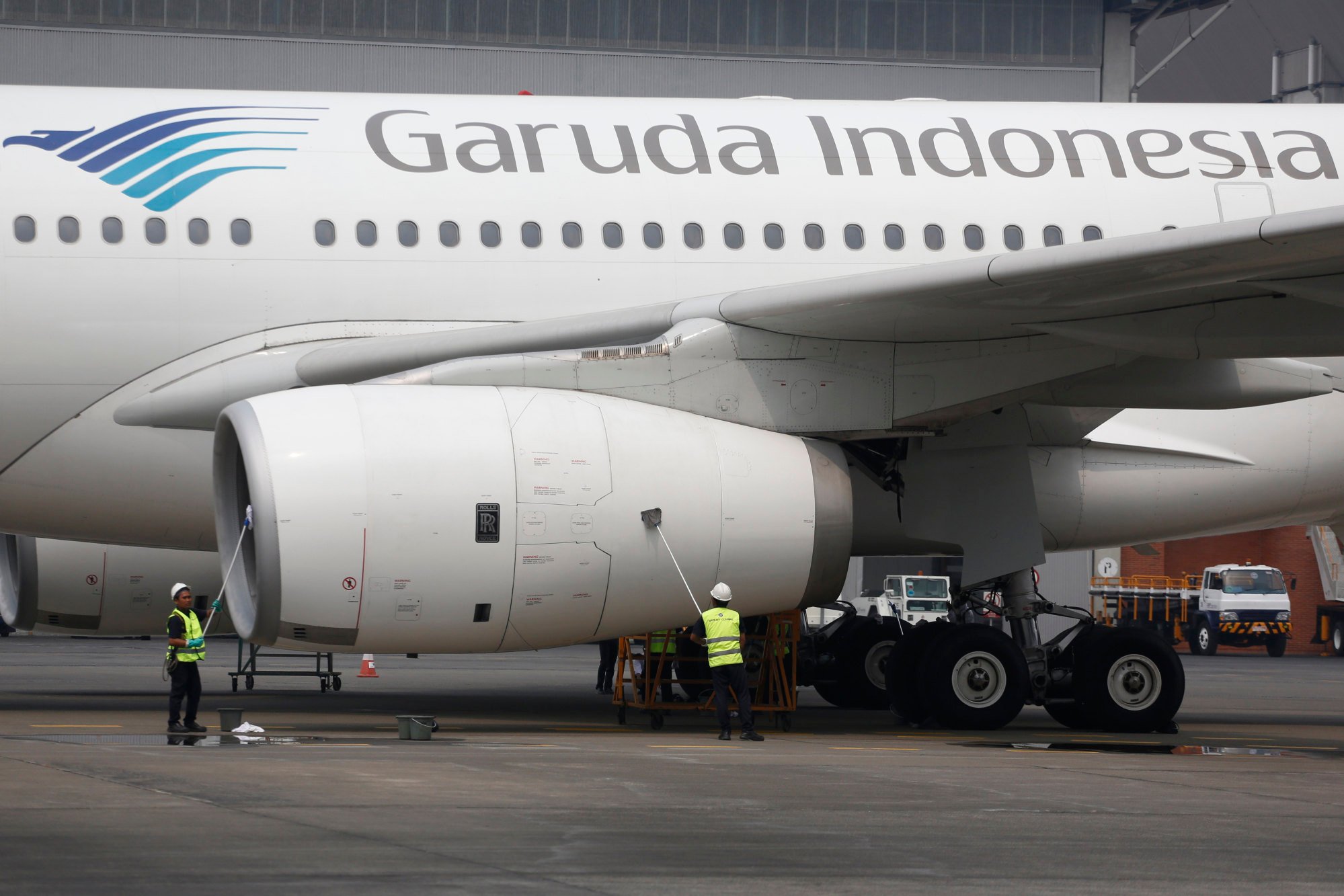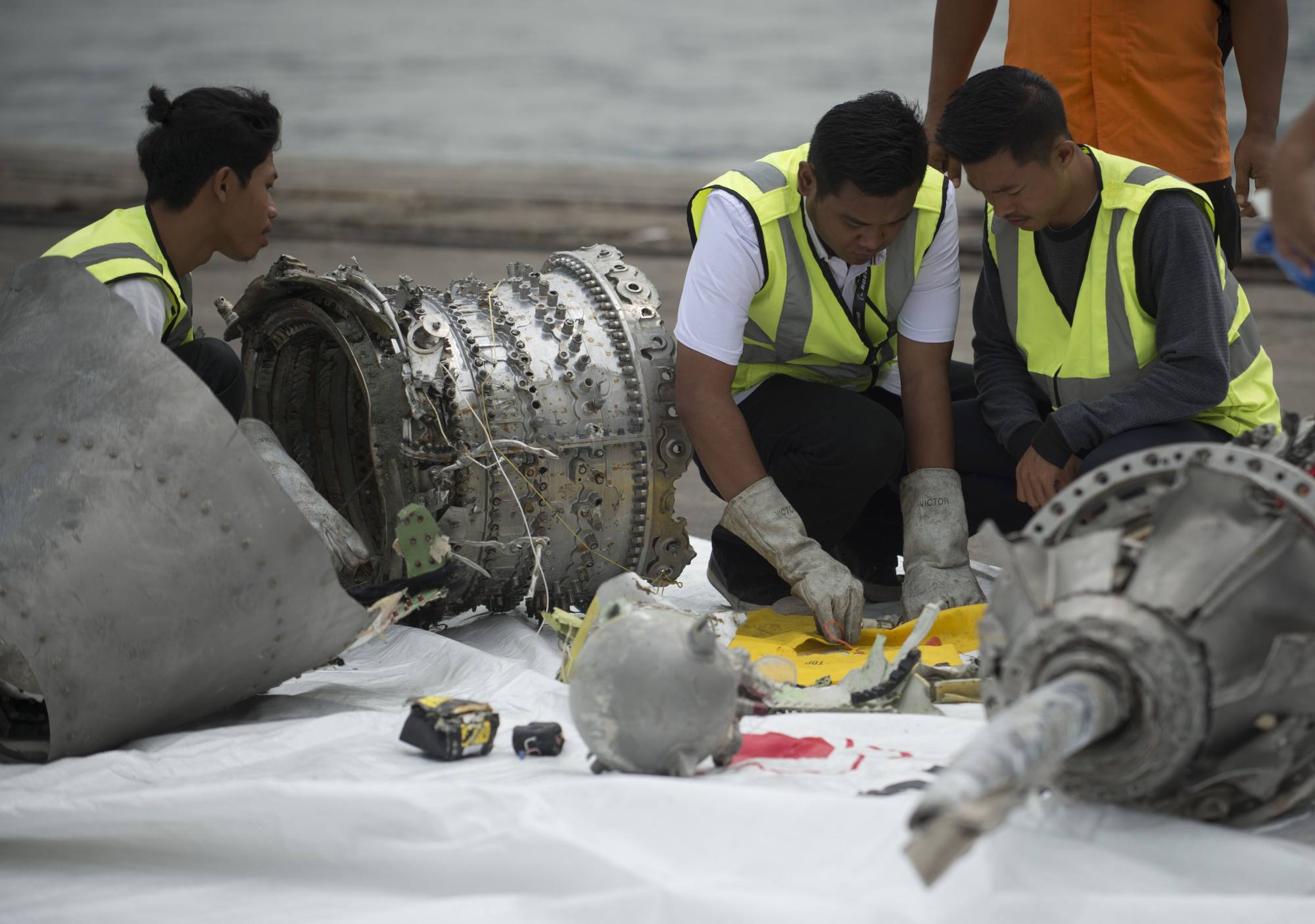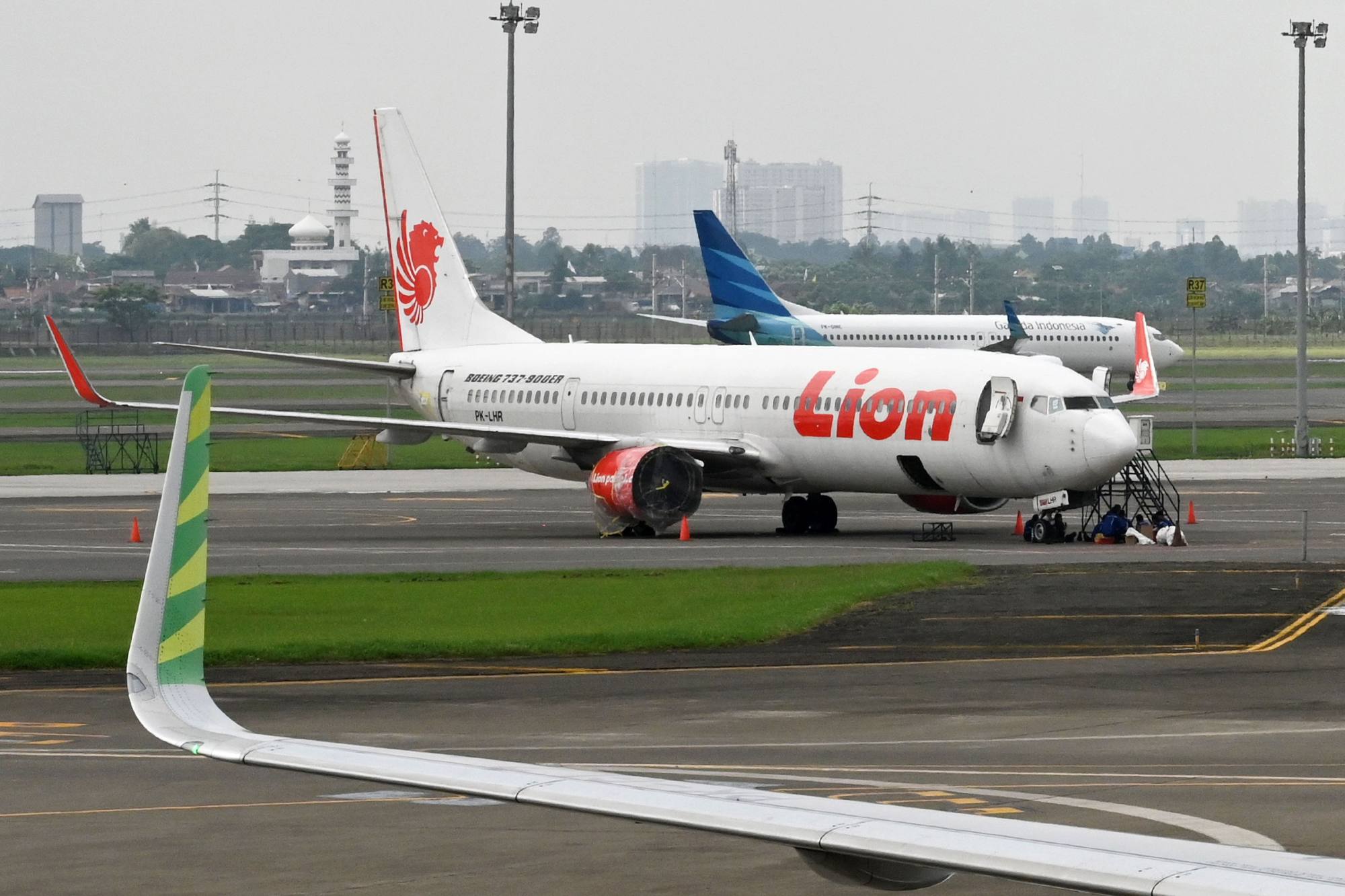Garuda Indonesia’s Boeing jets deal: a win-win or political trade-off?
The deal has come under scrutiny given Boeing’s safety reputation, even as Garuda insists it is part of strategic plans to expand its fleet

A US$3.2 billion plan by Indonesia’s flag carrier to buy 50 Boeing aircraft has drawn scrutiny over whether the order is a genuine business decision or a political trade-off linked to Washington’s recent tariff cuts on Indonesian imports.
The deal was unveiled by the White House on July 22 alongside news that US President Donald Trump had agreed to reduce his so-called reciprocal tariff on Indonesian imports to the US to 19 per cent from the initial 32 per cent he imposed in April.
The joint statement noted Indonesia’s intention to purchase dozens of Boeing aircraft, a move that had earlier been flagged by Trump himself in a social media post touting Jakarta’s agreement to buy “50 Boeing jets, many of them 777s”.
President Prabowo Subianto has since defended the procurement as necessary for modernising Garuda Indonesia, the country’s state-owned airline, which is emerging from near-bankruptcy.
“I don’t think there’s a problem because we need it, and they want to sell it. I’m determined to grow Garuda, and for that, we need new aircraft,” Prabowo said on July 16.
Prabowo assured that Boeing planes “are good enough”, and that the airline would purchase jets “from Airbus too”.
Airlangga Hartarto, coordinating minister for economic affairs, has said Garuda needs a bigger fleet to improve “inter-island connection” in the archipelago.
Despite the assurance, the deal remains under scrutiny, particularly as Boeing’s safety reputation has taken a hit in Indonesia since a 737 Max 8 jet, operated by Lion Air, crashed into the Java Sea in October 2018, killing all 189 people on board.
The aerospace giant has been plagued by crises since January 2024, when a door blew out mid-air from a packed 737 Max 9 owned by Alaska Airlines, igniting concerns about safety and quality of Boeing planes.
Lawmaker Rieke Diah Pitaloka, from the opposition party Indonesian Democratic Party of Struggle, highlighted the safety concern during a hearing last week with State-Owned Companies Minister Erick Thohir and sovereign wealth fund Danantara.
“Others refuse to buy Boeing planes, but America definitely forced [Indonesia to buy Boeing jets] because Boeing is a symbol of the American economy. When Boeing doesn’t sell, this becomes a problem [for Washington],” Rieke said.
Unhandled type: inline-plus-widget {“type”:”inline-plus-widget”}
“The 737 Max was grounded [by Garuda] and the 787 Dreamliner was also problematic. Which Boeing would you buy then?”

Not forced
Alvin Lie, chairman of Indonesian Aviation Service Users Association, questioned whether the Boeing purchase was part of Garuda’s business development plan or “driven by government pressure”.
“If the [plan] was Prabowo’s, it will be even harder for Garuda’s [finances], as it’s not a pure business plan, but rather a business plan given by the president. But if the plan came from Garuda, there’s no problem,” Lie said.
Cahyadi Indrananto, vice-president corporate secretary at Garuda Indonesia, dismissed speculation that the company was forced to buy the jets, as the planned procurement had “long been discussed by Garuda and Boeing”.
“Garuda does have a strategic plan to expand its fleet, so we’ve been exploring options with numerous aircraft suppliers, both lessors and manufacturers,” Cahyadi told This Week in Asia.
“Garuda also regularly communicates its plans to several ministries, including the Coordinating Ministry for Economic Affairs … so the government understands the plan. This led to the ministry involving Garuda in their tariff negotiations with the US.”
The company planned to expand its fleet by adding about 120 jets and up to 100 routes, domestic and international, in the next five years, Cahyadi said. The airline was “very open” to also purchasing Airbus jets, he added.

In 2014, Garuda signed a deal with Boeing to buy 50 units of the 737 Max 8, of which only one had been delivered. Fatal crashes involving the plane in 2018 and 2019 forced Garuda to cancel the US$4.8 billion order for the remaining 49 planes and return the one it had to the manufacturer.
Today, Garuda and Boeing are “intensively finalising the details of the collaboration, including the type, price, and delivery timeline”, according to Cahyadi.
The Max 8 had also received safety certifications from “various countries with stringent aviation regulations”, including from Indonesia’s Ministry of Transportation, he pointed out.
Lie said new planes were highly necessary for Garuda, but as the waiting time for the 737 Max was “two to four years”, the flag carrier would have to pay “premium” prices for leasing jets.
Garuda reportedly paid about US$400,000 per month to lease a 737 Max 8 jet, previously used by Lynx Air and Air Canada, at double the cost of its older 737 models, according to a July 18 report by Bloomberg, citing unnamed sources.
“Garuda’s aircraft, especially for domestic routes, are old, some of them are even 14 years old. Safety-wise, they still meet standards. However, maintenance costs are higher due to more frequent downtime and component replacement costs,” Lie said.

Money question
In June, Garuda received a US$405 million loan from Danantara, as part of the fund’s US$1 billion plan to support the carrier’s business plan to return to profitability. However, Cahyadi said the capital from Danantara would be used “to fund the maintenance, repair and overhaul needs of both Garuda and Citilink”.
Before the pandemic, Garuda and its low-cost carrier subsidiary Citilink operated 210 planes, but that number dwindled to 113 as of September last year. The state-owned airline’s market share in Indonesia was 27 per cent, much lower than rival Lion Air Group’s 62 per cent, according to Indonesia National Air Carriers Association in November.
In 2021, Garuda was declared technically bankrupt as it could not pay its debts, due to bad governance that led to aircraft leasing agreements at prices above the market average. In 2022, creditors approved Garuda’s proposal to restructure 142 trillion rupiah (US$8.7 billion) liabilities, paving the way for Garuda to streamline its operations by focusing on its most profitable routes.